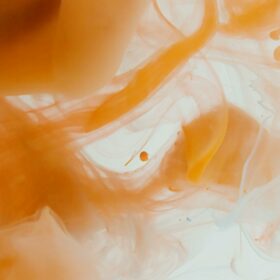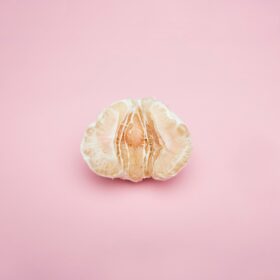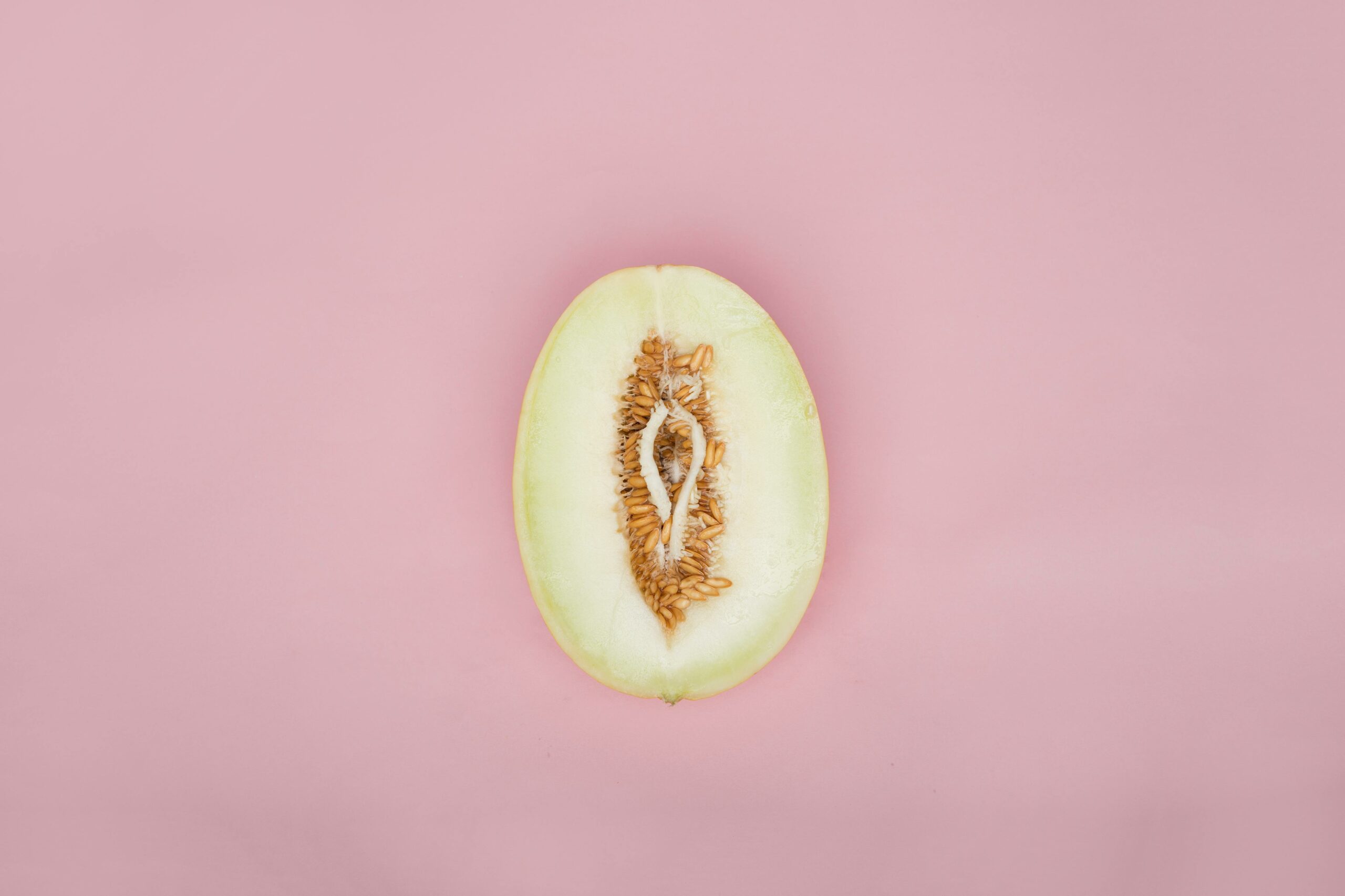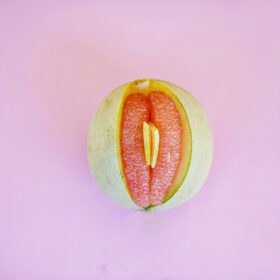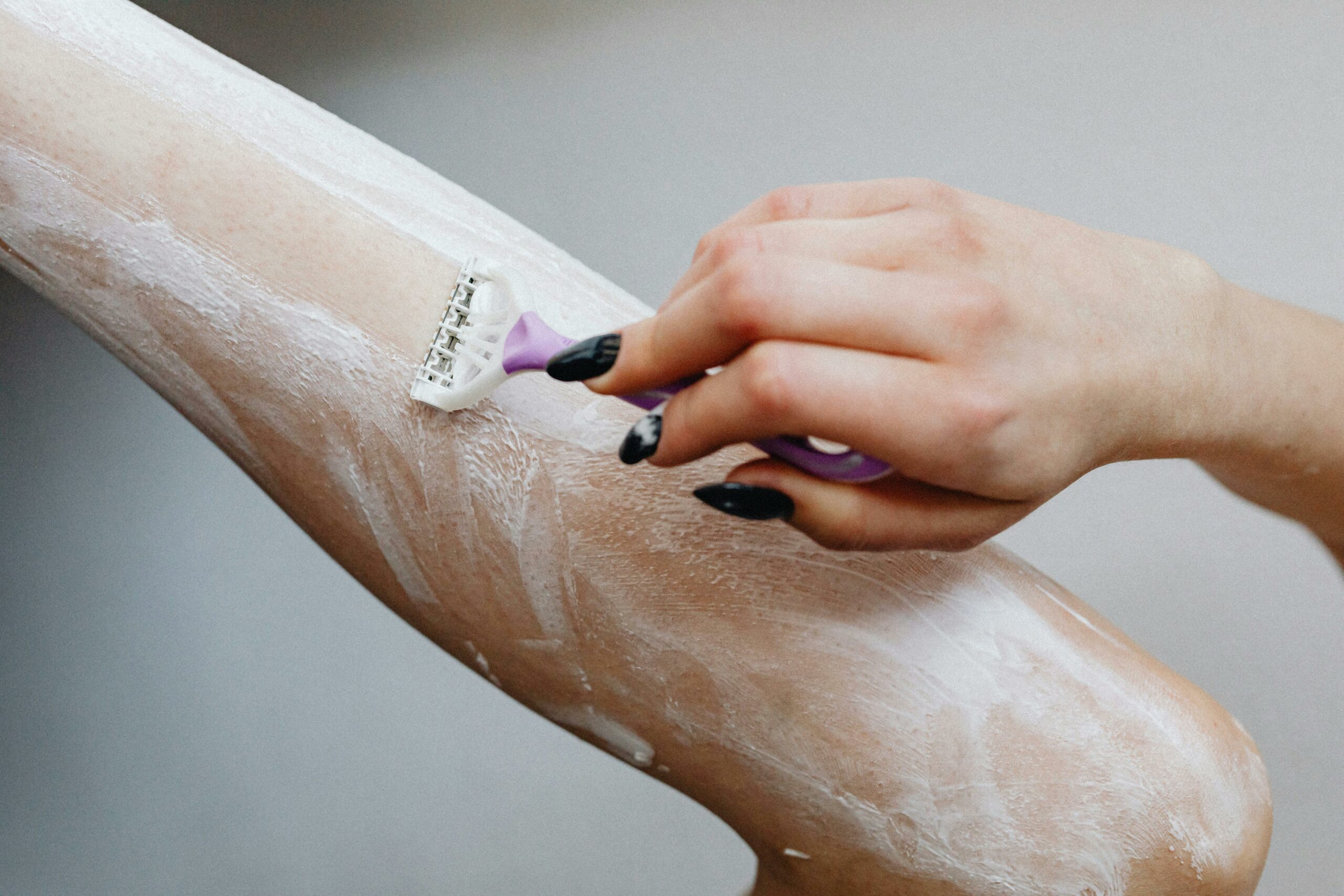
What is a Bartholin cyst & how to treat
In this article
What's the lowdown?
Bartholin’s glands are 2 small glands found in the inner lips of your vulva
These glands create fluid that acts as natural lube during sex
Sometimes the ducts of the glands can becoming blocked, leading to Bartholin’s cysts
The cysts can get better by themselves
In some cases, the cysts can becoming infected and turn into an abscess which may need medical or surgical treatment
What are Bartholin’s glands?
The Bartholin’s glands were first discovered by Caspar Bartholin Secundus, a Dutch anatomist, in 16771. Of course, they’re named after a man.
Bartholin’s glands are 2 pea-sized glands which are a part of the female reproductive system2. Their main job is to create and secrete mucus which acts as lubrication for the vagina and vulva during sex. They are found in the labia minora, on either side of the vaginal opening2.
Usually, they sit without causing any issues, however, sometimes they can get blocked and infected, becoming cysts. Let’s find out more.
What is in a Bartholin cyst?
Bartholin’s glands produce fluid that travels down tiny tubes before being secreted into the vagina. If these tubes get blocked, the tubes can get backed up with the fluid and form a cyst. Bartholin’s cysts are more common in women of reproductive age3.
Bartholin cyst symptoms
You might notice a Bartholin cyst as a soft, painless lump on either side of your vulva. They can stay small and unnoticeable. But in some cases, they can grow larger, becoming more noticeable, uncomfortable and possibly painful3.
You might feel these large cysts when you’re walking, sitting down and even having sex. It is unlikely to have both glands affected at the same time so you might see one side of your labia looking more swollen than the other1.
Occasionally, the cysts can progress to become infected. The fluid becomes pus and this is called a Bartholin’s abscess. The abscess will feel hot, tender and appear red. You may even develop a temperature or shivers2.
What are the causes of Bartholin cysts?
It is not always known why ducts become blocked to cause Bartholin cysts. Sometimes, sexually transmitted infections (STIs) such as gonorrhoea or chlamydia are the reason behind a cyst forming. Other cases are other bacterial infections such as staphylococcus, streptococcus, and E.coli1.
When to see a doctor?
If you notice a lump on your vulva and you’re concerned, see your GP, they can confirm a diagnosis of Bartholin cyst and rule out any other serious causes at the same time.
Depending on what they find, they could also take a swab of any discharge to rule out an infection within the cyst2.
Bartholin’s gland cancer is very rare, but if doctors are concerned about this, they may organise a biopsy to remove some tissue and get it tested4.
Basically, if something does not feel right, see a doctor. It is not worth putting off.
How can I treat a Bartholin cyst?
You can be completely unphased by your Bartholin’s cyst and may not need treatment. If your cysts start becoming painful, some at-home measures can provide you some relief such as soaking the cyst in warm water multiple times a day and managing the pain with simple painkillers like paracetamol and ibuprofen2.
If these aren’t working, you may be prescribed stronger painkillers or antibiotics if the cyst is infected. Worse comes to worse, if nothing is working, the cyst can be drained with a minor surgical procedure2.
Bartholin cysts FAQs
Is a Bartholin cyst serious?
Bartholin cysts are rarely serious or cause complications. It can cause pesky painful symptoms that could affect your daily comfort but can be easily treated.
Can I prevent Bartholin cysts?
As we do not know exactly what causes Bartholin’s cysts, it is hard to prevent them. But as there is some association with STIs, practising safe sex and keeping your vagina clean (with water, not soap or douching) can reduce the likelihood of developing a cyst.
Can Bartholin cysts go away on its own?
Most definitely, and sometimes you won’t even know you have the cyst and might only find out on routine examination. These non symptomatic cysts can get better by themselves.
How do you get rid of a Bartholin cyst?
If the cysts do become big and noticeable, simple self-care methods like a warm soak and painkillers can do the trick. At times, you might need antibiotics or a small surgical procedure to drain the cyst.
Can a Bartholin cyst bleed?
A Bartholin’s cyst can contain blood and you might notice a red or brown discharge coming from your vagina. There are some cases of haemorrhagic Bartholin’s cysts, where the cysts mainly contain blood and blood clots5.
How long can a Bartholin cyst last?
If you develop a Bartholin’s cyst, it can remain for the rest of your life. It might not always feel the same as cysts can go up and down in size. The only way to fully remove them is through a surgical procedure – but this isn’t necessary if the cyst doesn’t bother you.
Can a Bartholin cyst be itchy?
Bartholin cysts do not usually cause an itch. If you have an itchy area of your vulva, especially if it is around a lump, you must see a doctor to have it checked.
Our medical review process
This article has been medically reviewed for factual and up to date information by a Lowdown doctor.



